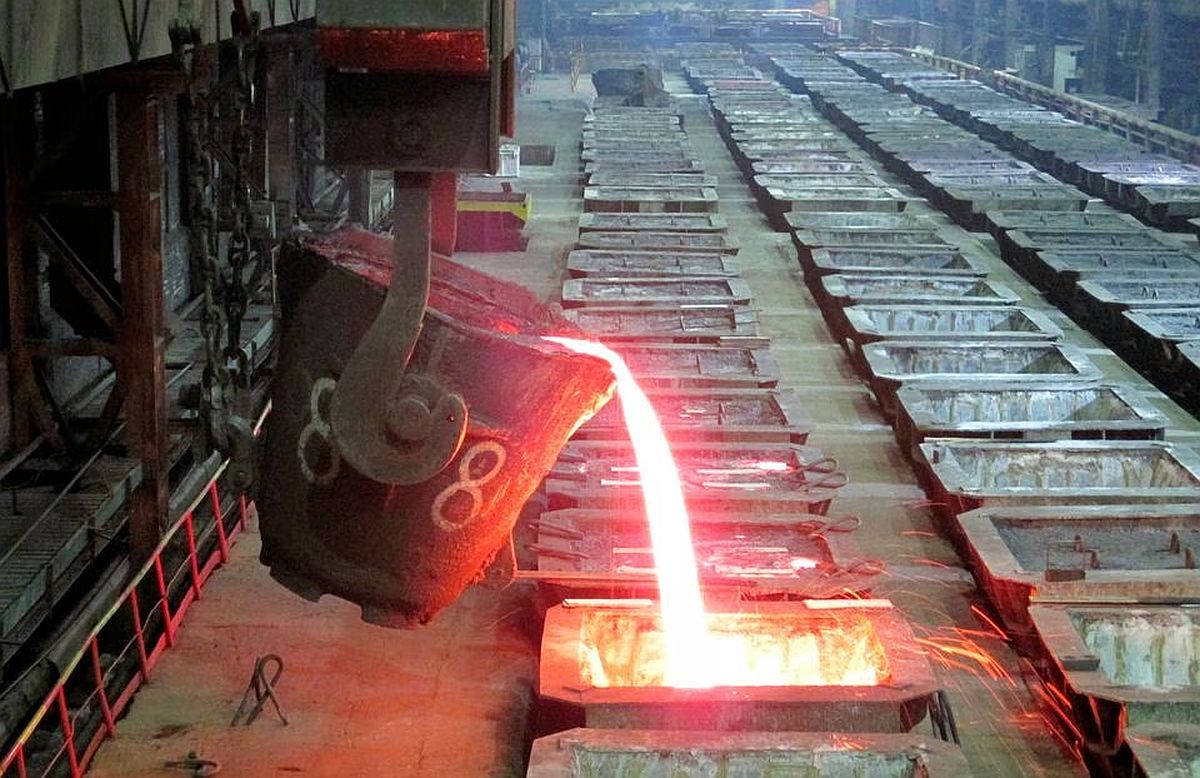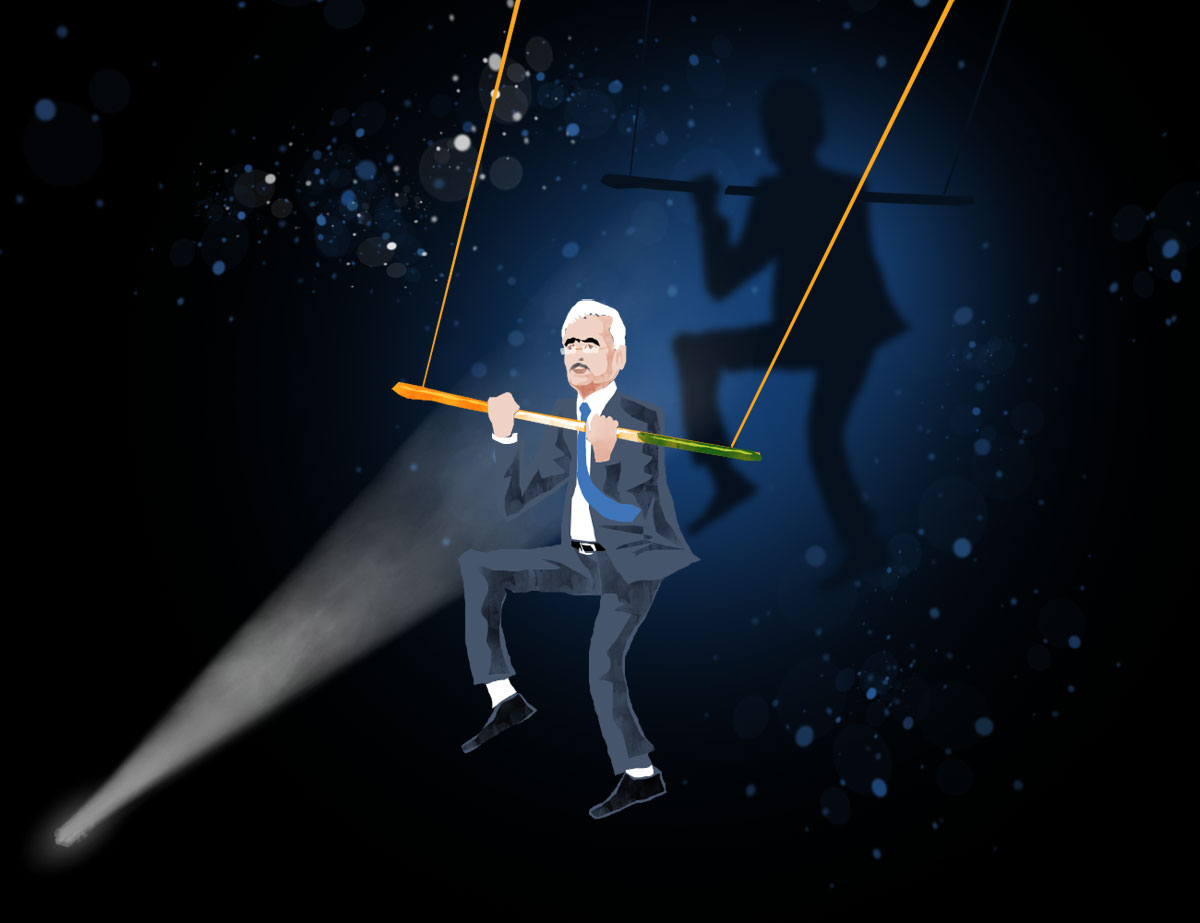In June last year, India unveiled its first list of 29 critical minerals open for private sector exploration and mining.

Since then, 38 critical mineral blocks have been auctioned, but only 14 — less than 37 per cent — have found bidders.
This modest achievement was secured only after the Centre conducted a second round of auctions when the first round fell flat, failing to attract the minimum required bidders.
Under the Mineral (Auction) Amendment Rules, 2024, the government can cancel the first-round auction if less than three technically-qualified bidders participate.
For blocks that receive no bids, a fresh auction round is initiated.
Lacklustre industry interest
Industry experts said unclear reserve data and weak policy support are causing a lack of interest.
Concerns are growing that India’s self-reliance in critical minerals is at risk, as many winning bidders lack the necessary expertise and resources.
Shantesh Gureddi, during his presidential address at the 58th annual session of the Federation of Indian Mineral Industries (FIMI) — the apex representative body for mining companies — had expressed concern on September 18.
He had said, “Many of the entities that have emerged as successful bidders in these auctions seem, prima facie, to lack the necessary technology and domain expertise to effectively develop these vital resources.”
Gureddi highlighted the lack of interest from junior exploration firms and major international mining firms in the auctions as a red flag.
Of the 14 blocks auctioned, Vedanta was the only major private player.
Dalmia Bharat Refractories won a graphite block, while Coal India secured another. The remaining went to lesser-known firms.
A wake up call
Tirthankar Mandal, head, energy policy, World Resources Institute, India, stated that for India to advance in critical mineral mining, it must offer blocks with detailed exploration reports.
“If India needs to bring major private firms for critical mineral mining, it should focus on putting blocks for mining leases (ML), with G1 or G2 level exploration,” Mandal said.
According to the United Nations Framework for Classification of Resources, the exploration of minerals is divided into four stages — G4 (reconnaissance), G3 (prospecting), G2 (general exploration), and G1 (detailed exploration).
Of the 38 auctioned blocks, only 5 were designated for ML, while 33 were offered under composite licences (CL).
None underwent G1 level exploration; 6 completed G2, 19 reached G3, and 13 were at G4.
Under ML, licence holders directly mine, while CL holders handle both prospecting and mining.
Typically, G1 and G2 blocks are designated for ML, while G3 and G4 are offered as CL.
However, if G2 blocks require further exploration, they can also be offered as CL.
Of the 38 auctioned blocks, only one Glauconite block in Uttar Pradesh was offered as CL.
Ministry of Mines officials admitted to Business Standard that they erred by auctioning blocks with insufficient exploration details and plan to conduct further studies for less attractive blocks.
A query sent to the ministry seeking details on the auction's poor performance and plans to improve it went unanswered.
“The industry cites lack of data as a key barrier to participation.
"We're committed to do thorough exploration before the next round of critical mineral auctions,” a senior ministry official said.
Sector experts stress the need for the government to re-evaluate its auction regime.
B.K. Bhatia, additional secretary general of FIMI, suggests that the government should adopt concession methods used in other mineral-rich countries (first come, first serve or some other method) to attract domestic and international players.
He cautions that since the ongoing auction was not so encouraging, it would be a dampener on India’s ambitions for self-reliance in critical minerals.
“Mining projects usually take over a decade to start commercial production.
"The government must act swiftly by offering support measures, incentives, and ensuring pre-embedded clearances for critical mineral blocks,” Bhatia stated.
The demand for support arises from the challenges of securing up to 23 clearances, including environmental and state approvals, that winning bidders must obtain after bidding.
The International Energy Agency’s 2021 report, “The Role of Critical Minerals in Clean Energy Transition,” underscores that major global mining projects that became operational between 2010 and 2019 averaged 16.5 years from discovery to production.
A major mining player expressed a dim outlook for upcoming critical mineral blocks: “The fourth round is expected to be lacklustre, with future rounds likely to follow unless the government enacts positive policy changes.
"Companies are hesitant to invest without genuine support,” said the player.
In the fourth auction round, the Centre has offered 11 new blocks and 10 returning ones, but only one of the 21 blocks is designated for a mining lease.










